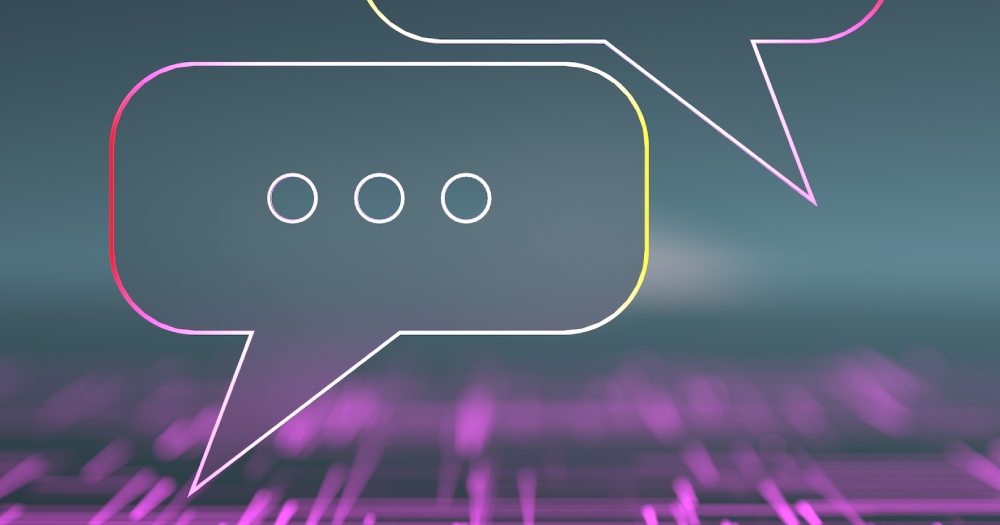Study: Chatbots outperform doctors when making nuanced clinical decisions

AI-powered chatbots are making waves in the medical world, not just diagnosing diseases but also guiding complex clinical decisions. A new study suggests that these chatbots are not only holding their own against doctors but actually outperforming them in some cases. But here's the twist: when doctors and chatbots work together, the results are just as strong as AI alone. This challenges long-held assumptions about human expertise and machine intelligence, prompting a rethink of how AI fits into the future of medicine.
How did it work?
Physicians often face intricate decisions that don't have straightforward textbook answers — when to adjust a medication, whether to delay a surgery, or how to handle a patient with unique risks. To test whether AI could help, Jonathan H. Chen, MD, PhD, and his team pitted doctors against chatbots in a study published in Nature Medicine.
The researchers designed a trial with three groups: a chatbot alone, 46 doctors using chatbot assistance, and 46 doctors relying on traditional online medical resources. Each group tackled five anonymized patient cases, explaining their reasoning and next steps. Their answers were then scored against a rubric designed by board-certified physicians.
The results? The chatbot alone outperformed doctors who had access only to medical references. However, when doctors were paired with chatbots, they matched the AI's performance, suggesting that these tools could be a powerful asset rather than a replacement.
Why does it matter?
Medical decision-making isn't just about knowing the right answer — it's about reasoning through uncertainty. "For years I've said that, when combined, human plus computer is going to do better than either one by itself," said Chen. This study puts that theory to the test and raises new questions: What's AI good at? What are humans good at? And how can we combine these strengths?
Take an example from the study. Imagine a doctor discovers a large mass in a patient's lung. Should they biopsy immediately? Wait for further imaging? Consider the patient's history and preferences? Context matters, and AI can help physicians weigh the factors more systematically.
This study suggests that AI can refine and enhance clinical judgment rather than replace it. "This doesn't mean patients should skip the doctor and go straight to chatbots," Chen warned. "Don't do that." The key is using AI as a support tool, not a substitute.
The context
AI's role in healthcare is growing rapidly. Back in October 2024, Chen and his team found that chatbots outperformed human doctors in diagnosing diseases. Now, they've expanded their research to "clinical management reasoning" — the messy, judgment-heavy side of medicine.
Of course, this raises a big question: Are we headed toward a future of AI doctors? Maybe. But the study suggests a different takeaway — one where AI enhances, rather than replaces, human expertise. As AI continues evolving, the real challenge isn't whether it can match or surpass doctors in specific tasks. It's figuring out how to use it wisely, keeping the doctor in the driver's seat while letting AI navigate the finer details.
This research, supported by Stanford University, Harvard, the VA Palo Alto Health Care System, and others, signals a shift in medical thinking. With funding from organizations like the Gordon and Betty Moore Foundation, it's clear that AI in medicine isn't just hype — it's here, and it's changing the way doctors work, one chatbot-assisted decision at a time.
💡Did you know?
You can take your DHArab experience to the next level with our Premium Membership.👉 Click here to learn more
🛠️Featured tool
 Easy-Peasy
Easy-Peasy
An all-in-one AI tool offering the ability to build no-code AI Bots, create articles & social media posts, convert text into natural speech in 40+ languages, create and edit images, generate videos, and more.
👉 Click here to learn more


